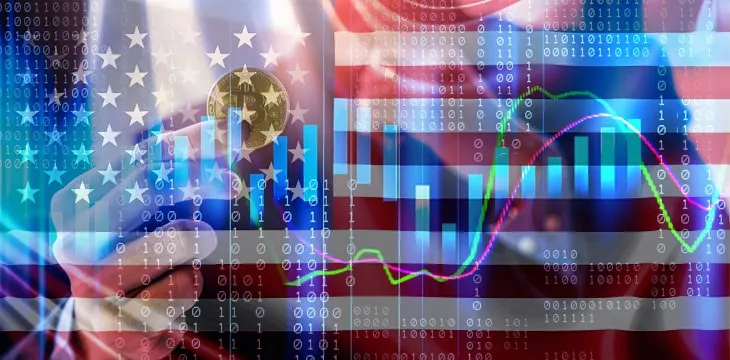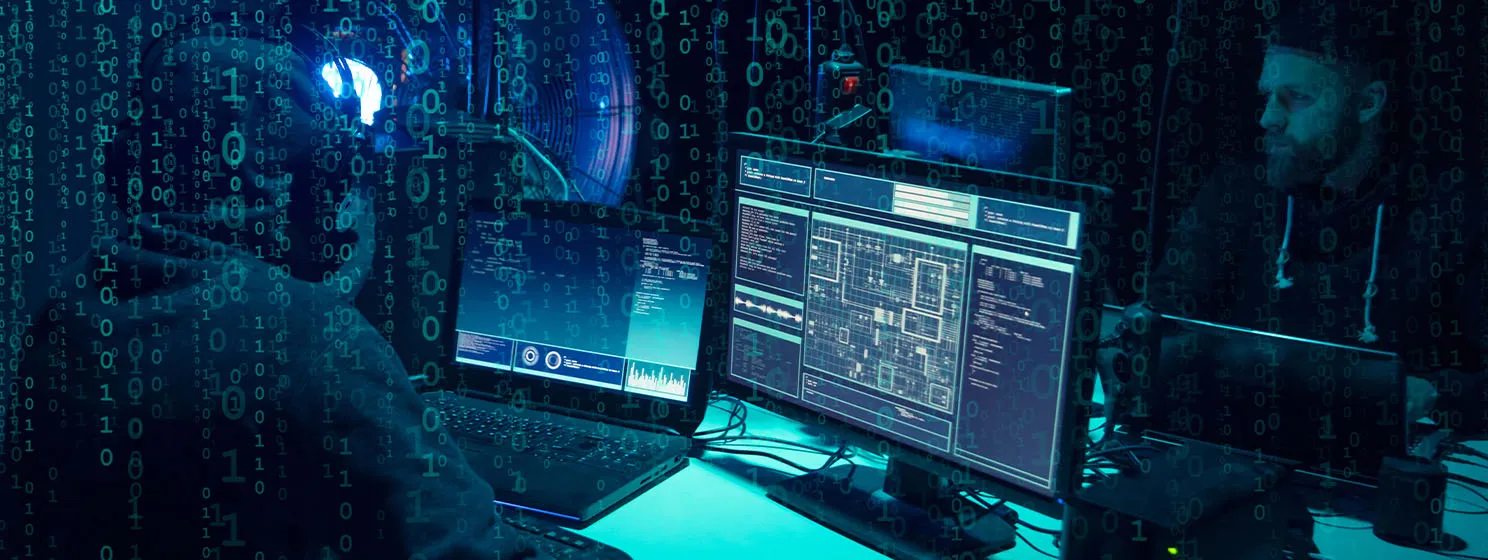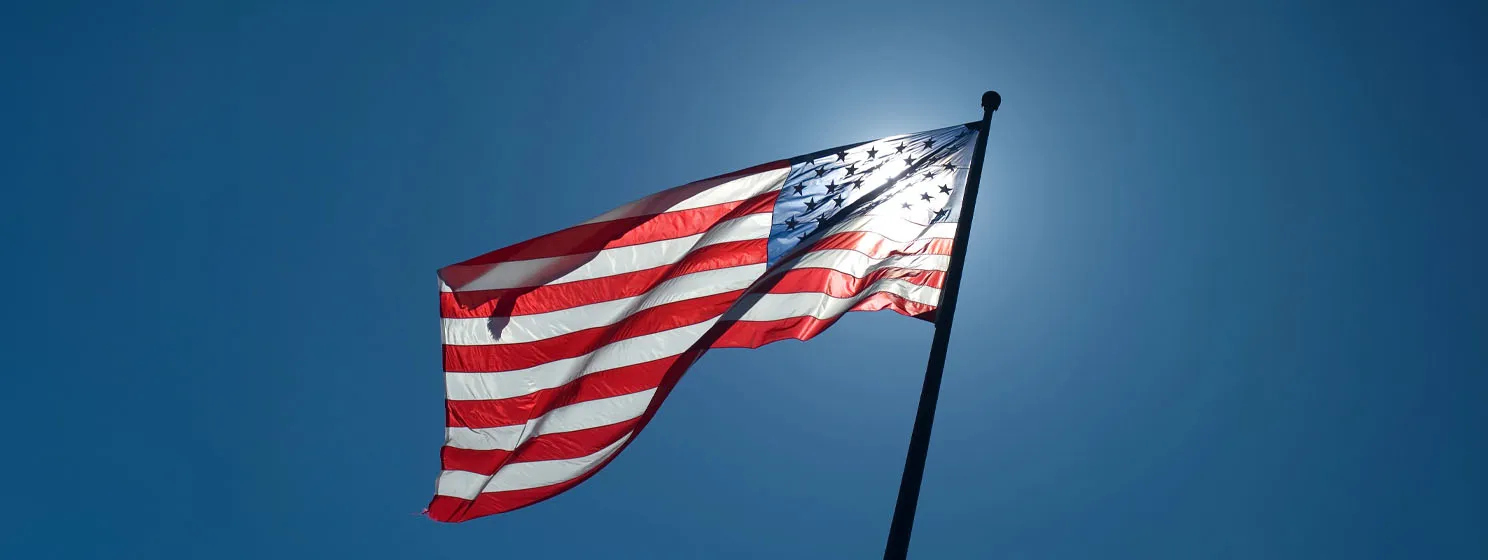|
Getting your Trinity Audio player ready...
|
The Boston Federal Reserve has posted a job listing for an Engineer Lead that can configure, implement, and provide support for the Applied Fintech Research team’s efforts in digital currency experimentation.
The Boston Fed’s job listing is the latest digital currency-related job offering to come from a government agency in the United States. In previous weeks and months, we have seen the Department of Justice (DoJ) and Internal Revenue Service (IRS) post separate job offerings for a blockchain or digital currency subject matter expert.
Is widespread digital currency implementation coming?
The job offerings from the Boston Fed, IRS, and DoJ indicate that there is a demand for blockchain and digital currency expertise at the federal level. Considering that legacy financial service providers like Visa and Mastercard are looking to help institutions bridge the gap between blockchain, digital currency, and traditional finance, we may soon see financial services begin running atop blockchain protocols.
“Consumer interest and investment in digital currencies are growing, with research showing that up to 20 percent of the population of some countries are holding cryptocurrencies, and an increasing number of merchants, digital players and financial institutions are exploring crypto payments,” said Mastercard in a recent press release. In the same post, Mastercard announced: “the expansion of its cryptocurrency program, making it simpler and faster for partners to bring secure, compliant payment cards to market.”
In the same week, Visa announced that they were looking to “connect Visa’s network of financial institutions, merchants, and consumers to new blockchain and digital currency networks.”
Both announcements from the payment card networks signal that traditional financial institutions are looking to implement blockchain and digital currency support into their existing business operations. And with the Office of the Comptroller of the Currency announcing that banks in the United States can now accept and custody digital currency deposits from their clients, you can assume that we will see further integration between the world of traditional finance and modern finance—blockchain, regulations and digital currency—in the future.

 08-31-2025
08-31-2025 





